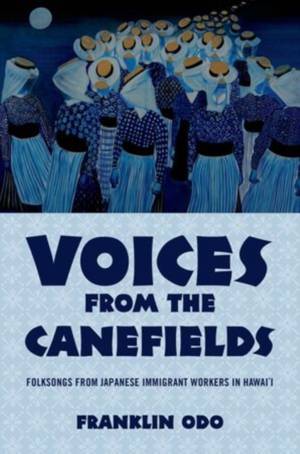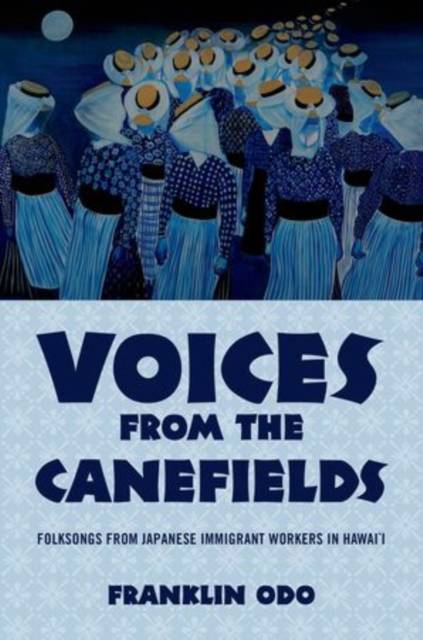
Bedankt voor het vertrouwen het afgelopen jaar! Om jou te bedanken bieden we GRATIS verzending (in België) aan op alles gedurende de hele maand januari.
- Afhalen na 1 uur in een winkel met voorraad
- In januari gratis thuislevering in België
- Ruim aanbod met 7 miljoen producten
Bedankt voor het vertrouwen het afgelopen jaar! Om jou te bedanken bieden we GRATIS verzending (in België) aan op alles gedurende de hele maand januari.
- Afhalen na 1 uur in een winkel met voorraad
- In januari gratis thuislevering in België
- Ruim aanbod met 7 miljoen producten
Zoeken
€ 87,45
+ 174 punten
Uitvoering
Omschrijving
Folk songs are short stories from the souls of common people. Some, like Mexican corridos or Scottish ballads reworked in the Appalachias, are stories of tragic or heroic episodes. Others, like the African American blues, reach from a difficult present back into slavery and forward into a troubled future. Japanese workers in Hawaii's plantations created their own versions, in form more akin to their traditional tanka or haiku poetry. These holehole bushi describe the experiences of one particular group caught in the global movements of capital, empire, and labor during the late nineteenth and early twentieth centuries. In Voices from the Canefields author Franklin Odo situates over two hundred of these songs, in translation, in a hitherto largely unexplored historical context.
Specificaties
Betrokkenen
- Auteur(s):
- Uitgeverij:
Inhoud
- Aantal bladzijden:
- 272
- Taal:
- Engels
- Reeks:
Eigenschappen
- Productcode (EAN):
- 9780190274009
- Verschijningsdatum:
- 1/01/2016
- Uitvoering:
- Paperback
- Formaat:
- Trade paperback (VS)
- Afmetingen:
- 155 mm x 231 mm
- Gewicht:
- 408 g

Alleen bij Standaard Boekhandel
+ 174 punten op je klantenkaart van Standaard Boekhandel
Beoordelingen
We publiceren alleen reviews die voldoen aan de voorwaarden voor reviews. Bekijk onze voorwaarden voor reviews.









